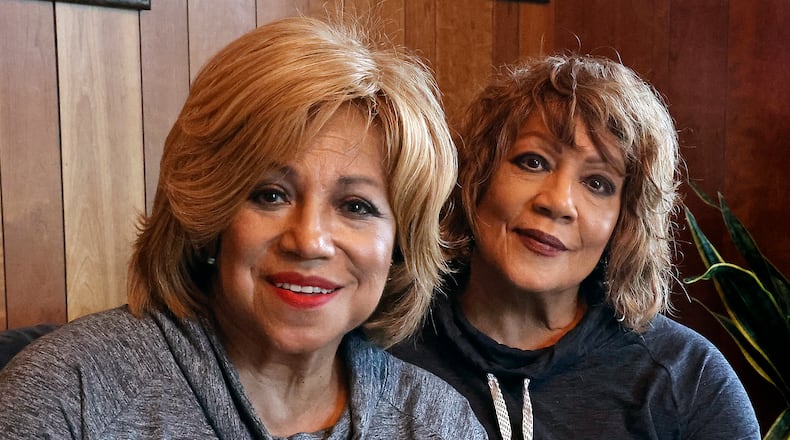National data show that racial and ethnic minority groups experience higher rates of illness and death across a wide range of health conditions, including diabetes, hypertension, obesity, asthma and heart disease when compared to non-minority groups, according to the Clark County Combined Health District.
African Americans are nearly 1.5 times as likely to have obesity as compared to non-Hispanic Whites. From 2011-2014, the prevalence of obesity among African Americans was 48% compared to 35% of non-Hispanic whites, according to the CDC.
Non-Hispanic Black infants are nearly three times more likely to die than non-Hispanic white infants, and prostate cancer is also more prevalent among Black men.
The racism and discrimination experienced by many people are social determinants of health that lead to greater instances of obesity, cardiovascular disease, and cancer among minority populations. Racism may be intentional or unintentional, and it operates at various levels in society, according to the health district.
“We’re reminded every day of the year, as a society, as a culture, counties, the city area… we have to rededicate our efforts and our resources to confronting and dismantling these barriers,” said Nate Smith, communications coordinator at the Clark County Combined Health District. “There is a systemic level of oppression that affects the health outcomes of our minority friends and neighbors.”
Many obstacles exist for people to access health care, including the cost-associated with it, Williams said. And these obstacles influence how a person seeks care and how early conditions they may have can be diagnosed.
“When things are detected early enough, they can be treated,” Williams said.
Sometimes late detection of diseases occurs due to mistrust of healthcare providers, said Patty Gentry Young, president of the Sisters United for Prevention organization and owner of Young Hair Salon at East High Street.
“There’s this hesitancy we see with doctors,” she said. “And early diagnosis is the key to most of these illnesses. Usually we’re diagnosed later, meaning our mortality rate is higher.”
She said the health issues facing Black people are alarming: higher rates of diabetes than any other race, higher rates of infant mortality, and more cancer deaths.
Sisters United for Prevention aims to raise awareness among minority populations about cancer prevention and to support people who have been diagnosed with cancer. It’s well-known for its fashion show that features local cancer survivors.
The organization also helps point to overall health and wellness, however. Young said it and the Community Health Foundation are coordinating an event with each other, slated for September, that’s aimed at teaching people how to incorporate healthy substitutes into comfort food.
Young and her sister, Deborah Gentry Woods, also helped the Clark County Combined Health District sign people up for COVID-19 vaccine appointments in 2021.
After training from the health district, Woods, who works as a receptionist at the salon, would post reminders and updates about vaccination on social media. She would include the salon’s phone number as a method to get a vaccine appointment.
And the tactic took off. Woods helped more than 400 people, inside and outside Clark County, sign up for their primary series and boosters.
“I was so busy scheduling people, even when I would leave the shop, I’d schedule people up to 9 o’clock at home,” Woods said.
She and Young also worked with churches in the county to coordinate vaccine scheduling, and their efforts were an undertaking that Young and Woods found important.
“This was something that they needed to do,” Woods said. “To educate people, to keep them safe… it meant a lot.”
The Clark County Combined Health District will be hosting a minority health fair in April.
“We need to become more aware of the opportunity before us,” Williams said.
About the Author

